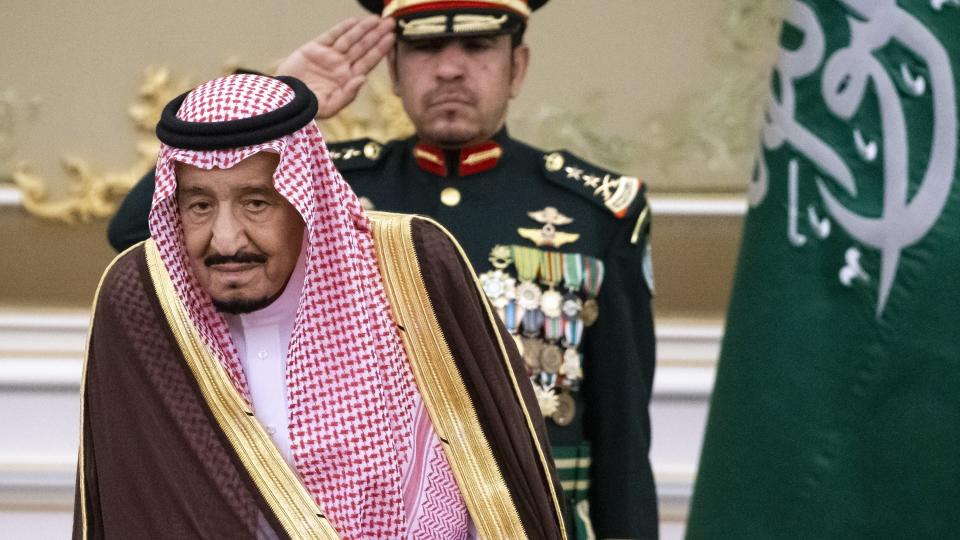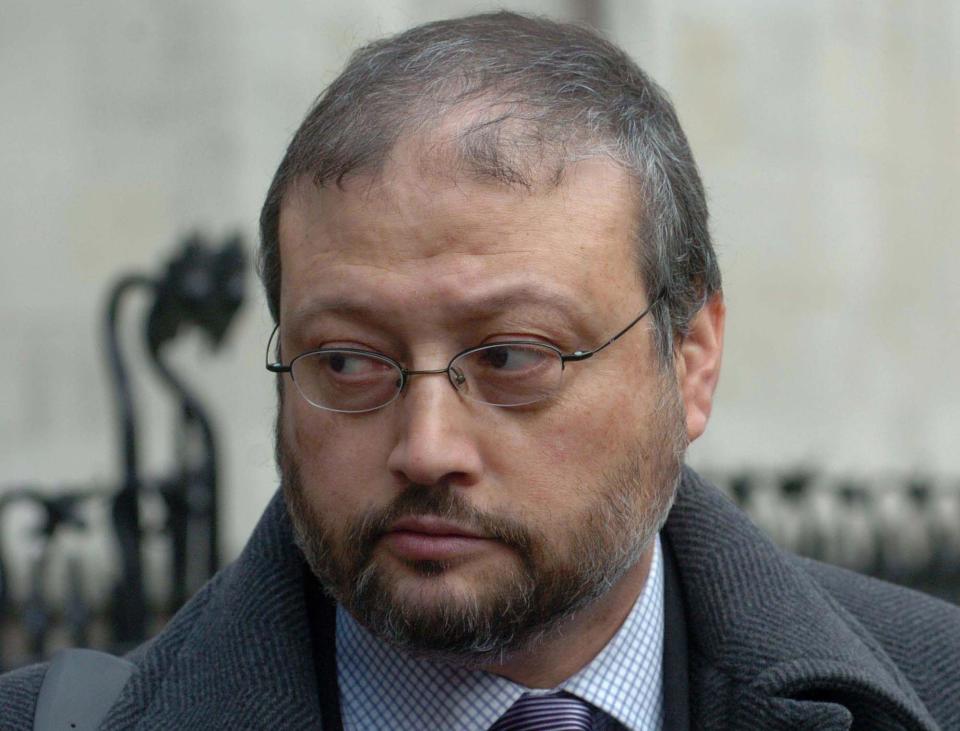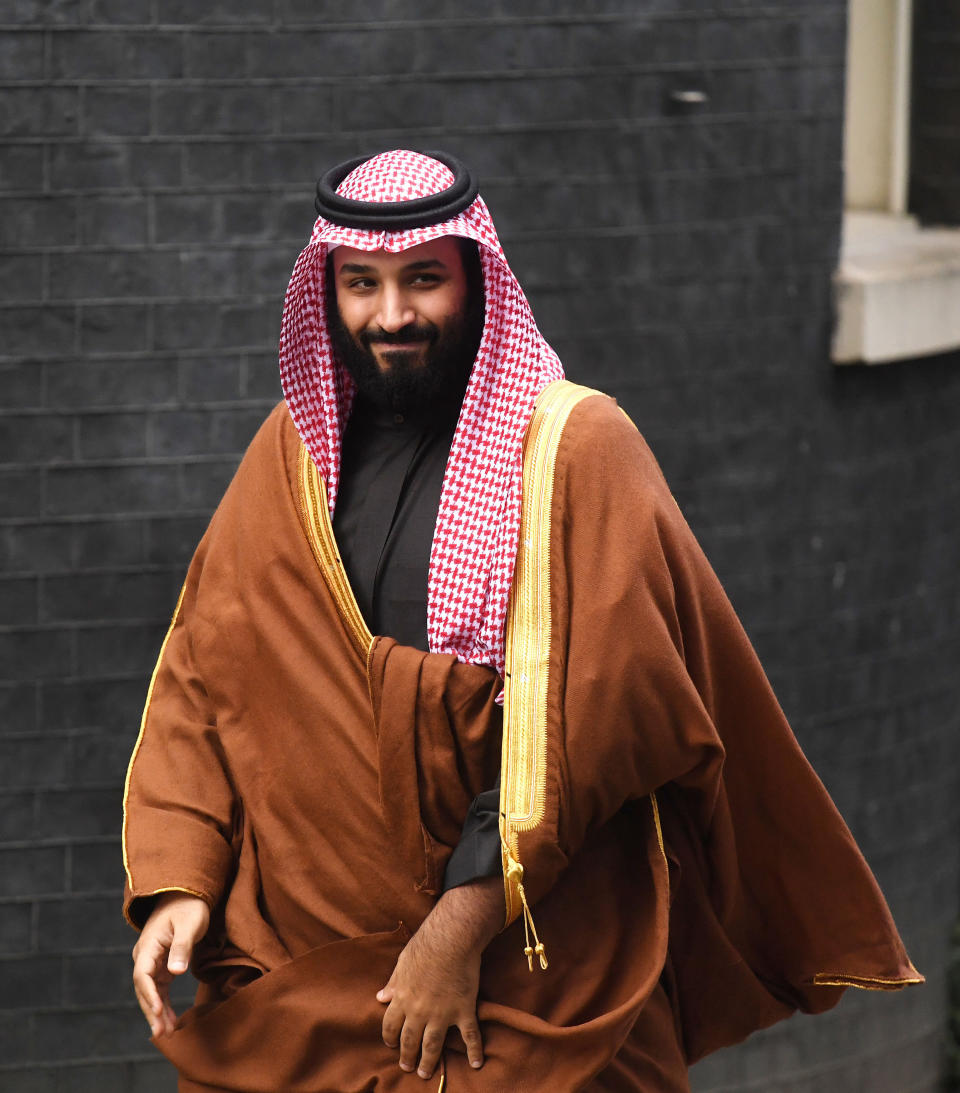Saudi Arabia ends death penalty for minors
Saudi Arabia’s King Salman has ordered an end to the death penalty for crimes committed by minors, according to a top official.
The decision follows another ordering judges to end the practice of flogging, replacing it with jail terms, fines or community service and bringing one of the kingdom’s most controversial forms of public punishment to an end.
King Salman’s son and heir, Crown Prince Mohammed bin Salman, is seen as the force behind the kingdom’s loosening of restrictions and its pivot away from ultraconservative interpretations of Islamic law known as Wahhabism, which many in the country still closely adhere to.
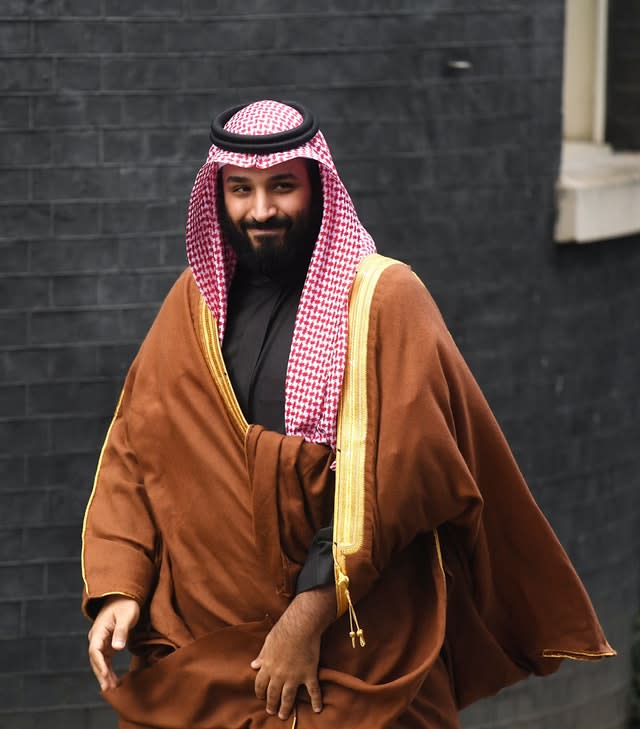
In the face of some domestic opposition, the crown prince has sought to modernise the country, attract foreign investment and revamp Saudi Arabia’s reputation globally.
He has also overseen a parallel crackdown on liberals, women’s rights activists, writers, moderate clerics and reformers.
The 2018 killing of Saudi writer Jamal Khashoggi in Turkey by agents who worked for the crown prince drew sharp criticism internationally.
The latest royal decree by King Salman will spare the death penalty for at least six men from the country’s minority Shiite community who allegedly committed crimes while under the age of 18, including Ali al-Nimr, who participated in anti-government protests.
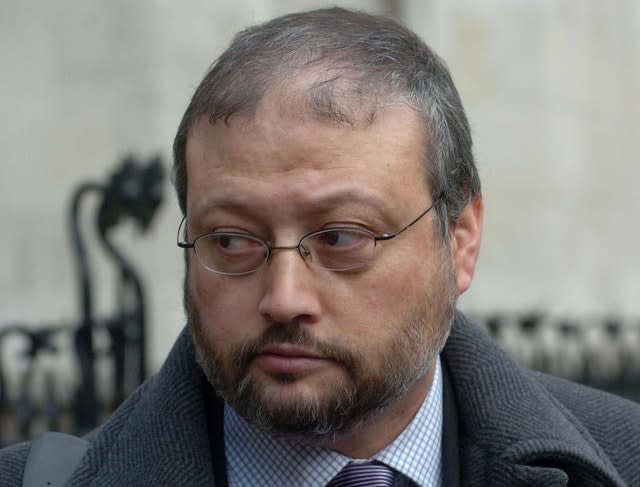
Human rights groups like Amnesty International and Human Rights Watch have long called on the kingdom to abolish the use of the death penalty, particularly for crimes committed by minors.
The president of the Saudi government’s Human Rights Commission, Awwad Alawwad, confirmed the latest decision in a statement on Sunday, saying it helped the kingdom establish “a more modern penal code and demonstrates the kingdom’s commitment to following through on key reforms”.
He said “more reforms will be coming”, and that the two decisions “reflect how Saudi Arabia is forging ahead in its realisation of critical human rights reforms even amid the hardship imposed by the Covid-19 pandemic”.
The decree expands on a previous order by King Salman issued in late 2018, which set a maximum 10-year prison term for minors in certain cases, except for crimes punishable by death. Now the 10-year maximum applies to all crimes by minors.

 Yahoo News
Yahoo News 